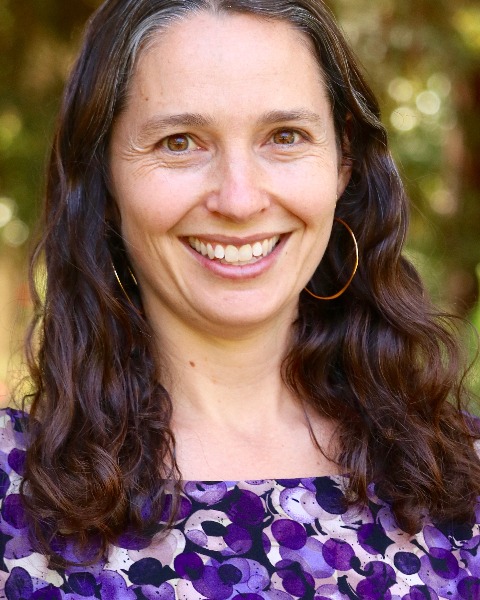Adolescent Medicine
Advocacy Pathway
Child Abuse & Neglect
Community Pediatrics
Diversity, Equity and Inclusion
Emergency Medicine
General Pediatrics
Health Equity/Social Determinants of Health
Immigrant Health
Mental Health
Public Health
1085 - Human Trafficking, Voices from the Field: A Listening Workshop
-

Kanani Titchen, MD
Assistant Clinical Professor, Adolescent and Young Adult Medicine
University of California, San Diego School of Medicine
San Diego, California, United States -
.jpg)
Elizabeth Miller, MD, PhD (she/her/hers)
Professor in Pediatrics and Public Health
UPMC Children's Hospital of Pittsburgh
Pittsburgh, Pennsylvania, United States -

Elizabeth Barnert, MD, MPH, MS
Associate Professor
University of California, Los Angeles David Geffen School of Medicine
Los Angeles, California, United States -

Cynthia Kuelbs, MD (she/her/hers)
Clinical Professor
UCSD/Rady Children's Hospital San Diego
San Diego, California, United States
Leader(s)
Co-Leader(s)
Given their innate dependence on adults and developmentally appropriate impulsive and approval-seeking behaviors, adolescents are especially vulnerable to the tactics of human traffickers. Health outcomes associated with human trafficking include traumatic injuries, repeated pregnancies/terminations, severe mental health issues, infectious diseases and exacerbation of chronic diseases. Emergency departments may be overused to treat uncontrolled chronic diseases and traumatic injuries sustained during the abuse of trafficked persons. Barriers to care for trafficked youth include misperceptions about labor and sex trafficking which limit identification of trafficked youth in health care settings. Health care professionals (HCPs) may subconsciously engage in blaming the patient and may not recognize the patient as a victim.
In this listening workshop, participants will listen to audio recordings of interviews with youth survivors of human trafficking, health and legal professionals, and community partners as they share experiences related to human trafficking risk factors, prevention, health care interventions, community, and resilience. Based on these expert and survivor insights - along with evidence from the growing base of literature on human trafficking, complex trauma, and health care - participants will work in small groups to reflect on their own professional experiences and ways in which HCPs might better secure the trust and openness of patients without jeopardizing their safety. Finally, the workshop will close with a question/answer period and discussion of national resources for patients, as well as guidance to securing local advocates and community resources for patients with experiences of complex trauma and exploitation. An annotated bibliography will be provided.
